Tiktok needs to stop romanticizing eating disorders
October 16, 2020
Picture Cassie Ainsworth, the character from “Skins,” not eating for 3 days for an arbitrary reason and teaching her classmates how not to eat.
She was the quintessential thinspo, or thinspiration, as her frail frame was used relentlessly to show the “ideal” body.
On TikTok, it seems that everyones’ for-you-page has been taken over by videos that romanticize disordered eating or thinspo; these videos should not be posted.
Among these popular videos on TikTok are those in which people share what they eat in a single day, promptly titled, “What I eat in a day.”
This trend originated on YouTube and should have stayed there, as these videos often promote calorie deficient diets.
Often in these videos, whoever is showing off their food will either eat less or only eat vegetables.
These are usually lies. I am sure no one eats perfect food for all three meals every single day. Everyone eats sweets, and everyone has cheat days.
These damaging videos are dangerous for the young demographic on the app; 32.5 percent of TikTok users are between 10-19, according to Statista.
When exposed to content like this at a young age, kids may grow up with an unhealthy relationship to food– they will assume unhealthy eating patterns are normal.
On TikTok, comments typically praise the creator for their ability to eat so healthy or so little. Responses range from “wow! I wish” to “No wonder your figure is amazing!”
The sad thing about food issues is they stick with you for life.
My childhood friend Anna Brown was diagnosed with an ED early on in life; I remember as early as 5th grade she stopped eating lunch.
I tried to help; I tried to bring food, make her eat, but this disease is bigger than an 11-year-old.
Brown sadly passed from complications of the lifelong struggle against food on Sept. 29, 2019.
She died knowing she was going to; her final wish was for those in her life to talk about eating disorders and their aftermath.
She was embarrassed to die from an eating disorder, but one year after she is gone I finally feel ready to follow through with her wish and talk about eating disorders and the harmful content online that leads to them.
I am not blaming her death on the media, but I am trying to illustrate that what is shared online has impacts beyond going viral.
Eating disorders affect more than just the person with one: parents, friends and even acquaintances feel the impact of the disease.
Brown’s death impacted everyone who knew her; even though I hadn’t talked to her since we were about 13. I still grieved.
Social media has a tendency to romanticize mental illness, which is a problem in and of itself.
When Tumblr was popular, lots of teens fell into this mindset of skinniness, and I see the same pattern repeating with TikTok.
I am tired of pretending like this content is okay and that it is not impacting thousands of children, teens and adults.
Being big, small or any size does not make a difference in how beautiful a person is, as beauty comes from the inside rather than the outside.
Apps and social media need to stop promoting content that favors disordered eating and unhealthy behaviors.
Content like this can kill. Post wisely.


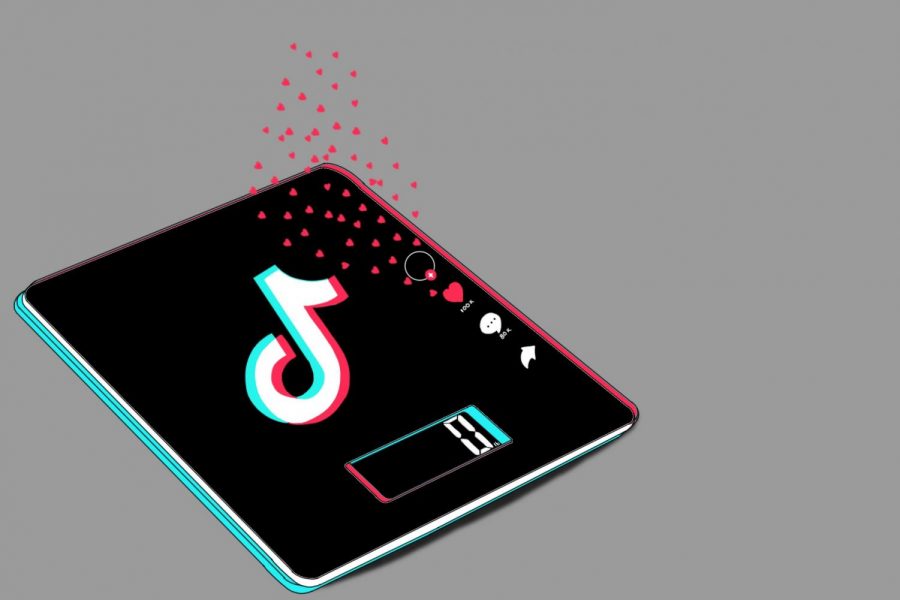
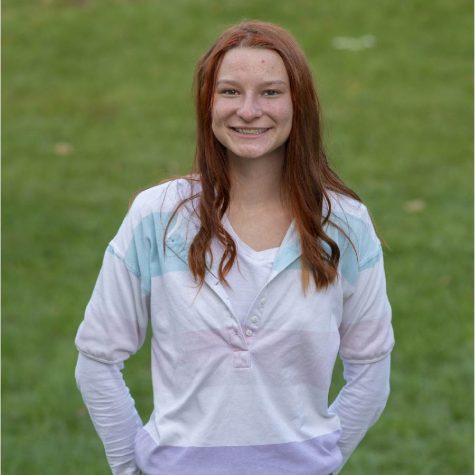
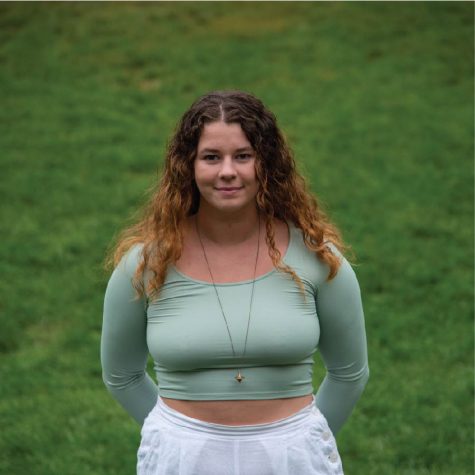







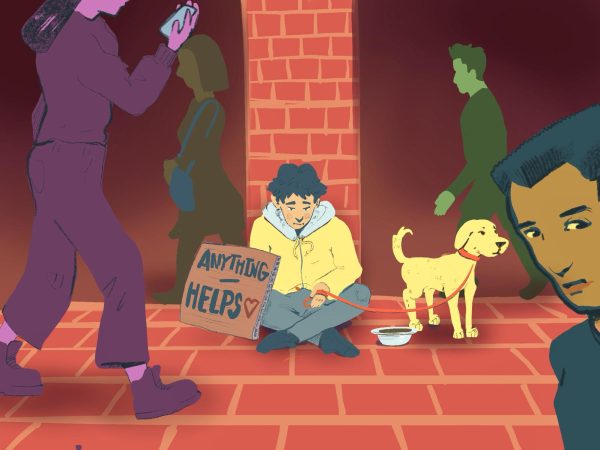
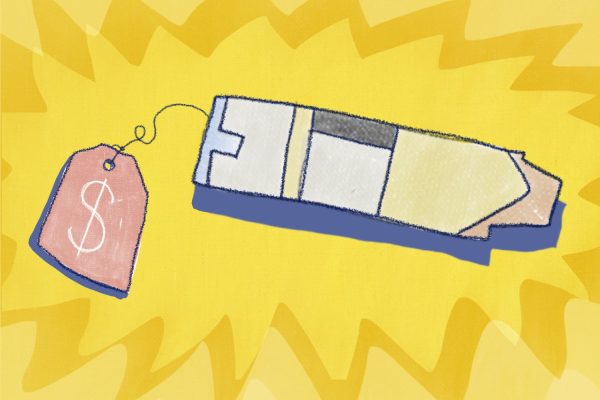
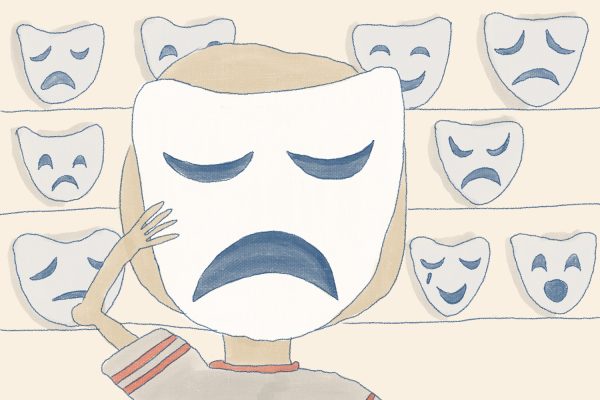
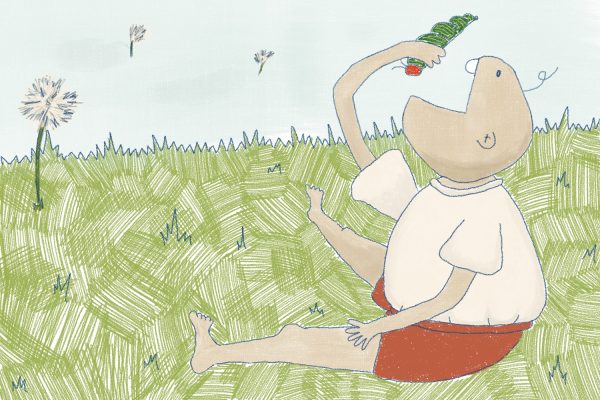
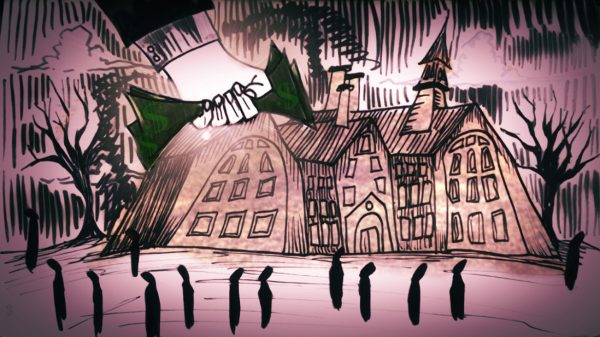

![Can’t buy me [self] love](https://vtcynic.com/wp-content/uploads/2024/04/self-care-FINAL-600x398.jpg)
